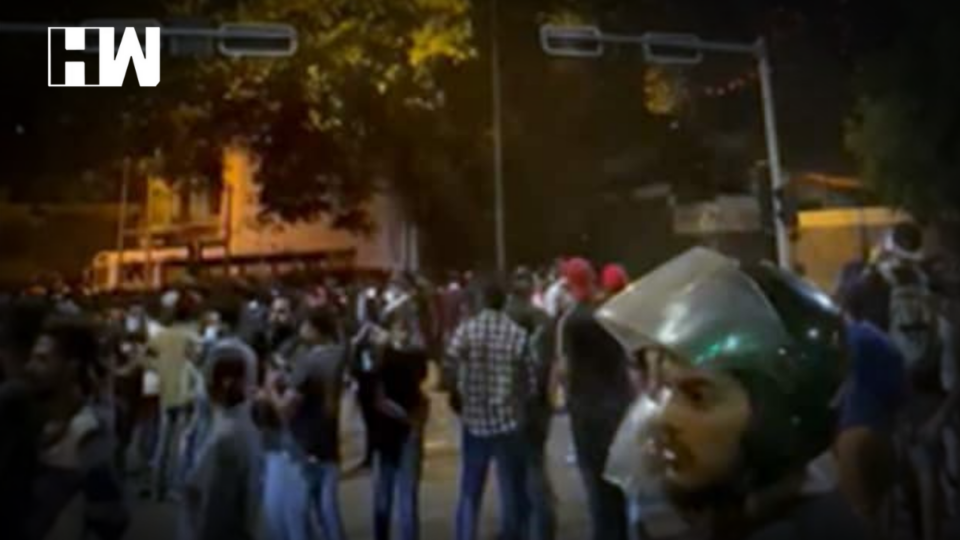Sri Lanka crisis: The development comes shortly after Lankan Prime Minister Ranil Wickremesinghe’s house in Colombo was today set on fire by protesters.
After months of opposition and an unprecedented economic catastrophe, Sri Lankan President Gotabaya Rajapaksa will step down on Wednesday. For 30 days, the Speaker will preside as president while parliament elects a new leader.
This development starts just after demonstrators today set fire to the home of Sri Lankan Prime Minister Ranil Wickremesinghe in Colombo. According to a statement from the Lankan Prime Minister’s Office, protesters broke into Prime Minister Ranil Wickremesinghe’s private residence and set it on fire.
The demonstrators entered the Prime Minister’s home despite being gassed with tear gas to get them to disperse. The Prime Minister’s vehicles were observed being vandalised by the protesters.
In order to safeguard the continuance of the government and the safety of all citizens, Mr. Wickremesinghe, who was named prime minister in May, has stated that he will step down from his position.
“To ensure the continuation of the Government including the safety of all citizens I accept the best recommendation of the Party Leaders today, to make way for an All-Party Government. To facilitate this I will resign as Prime Minister,” he tweeted after the meeting.
Sanath Jayasuriya and Mahela Jayawardena, two former cricket captains, denounced the violence and urged restraint.
President Gotabaya Rajapaksa left his official residence earlier in the day just before demonstrators seized the building and his adjoining office. Videos of luggage being hauled onto a Sri Lanka Navy ship surfaced amid the commotion. The President Rajapaksa’s baggage, according to local media.
Hundreds of people were seen marching through the presidential palace’s chambers after breaking past its gates in social media live feeds, and some of the raucous mob could be seen diving into the compound’s pool.
The 22 million-person country is experiencing the worst financial turbulence in seven decades as a result of a severe foreign exchange shortage that has restricted imports of basic goods including food, fuel, and medication.
The 22 million-person country is experiencing the worst financial turbulence in seven decades as a result of a severe foreign exchange shortage that has restricted imports of basic goods including food, fuel, and medication.
President Gotabaya Rajapaksa is frequently held responsible for the nation’s collapse. Since March, mostly peaceful demonstrations have called for his resignation.
Since the cash-strapped nation ceased receiving fuel shipments, forcing school closures and rationing of gasoline and diesel for basic services, discontent has gotten worse.
As an independent media platform, we do not take advertisements from governments and corporate houses. It is you, our readers, who have supported us on our journey to do honest and unbiased journalism. Please contribute, so that we can continue to do the same in future.

